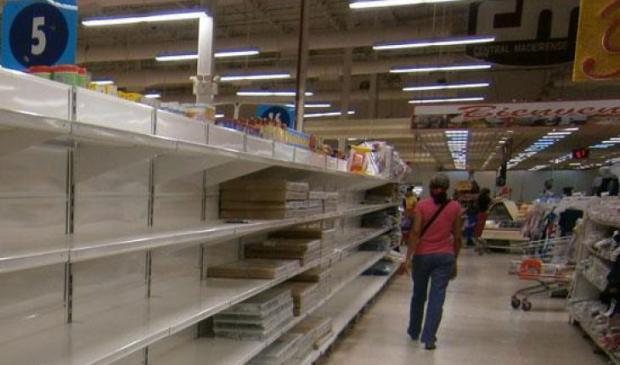
Breaking News
 Six men are making AI decisions for 8 billion people
Six men are making AI decisions for 8 billion people
 462: Del Bigtree - An Inconvenient Study -- The Way I Heard It with Mike Rowe Podcast
462: Del Bigtree - An Inconvenient Study -- The Way I Heard It with Mike Rowe Podcast
 Trump Admin Pulls 9,500 Truck Drivers Off The Road For Failing English Tests
Trump Admin Pulls 9,500 Truck Drivers Off The Road For Failing English Tests
Top Tech News
 Build a Greenhouse HEATER that Lasts 10-15 DAYS!
Build a Greenhouse HEATER that Lasts 10-15 DAYS!
 Look at the genius idea he came up with using this tank that nobody wanted
Look at the genius idea he came up with using this tank that nobody wanted
 Latest Comet 3I Atlas Anomolies Like the Impossible 600,000 Mile Long Sunward Tail
Latest Comet 3I Atlas Anomolies Like the Impossible 600,000 Mile Long Sunward Tail
 Tesla Just Opened Its Biggest Supercharger Station Ever--And It's Powered By Solar And Batteries
Tesla Just Opened Its Biggest Supercharger Station Ever--And It's Powered By Solar And Batteries
 Your body already knows how to regrow limbs. We just haven't figured out how to turn it on yet.
Your body already knows how to regrow limbs. We just haven't figured out how to turn it on yet.
 We've wiretapped the gut-brain hotline to decode signals driving disease
We've wiretapped the gut-brain hotline to decode signals driving disease
 3D-printable concrete alternative hardens in three days, not four weeks
3D-printable concrete alternative hardens in three days, not four weeks
 Could satellite-beaming planes and airships make SpaceX's Starlink obsolete?
Could satellite-beaming planes and airships make SpaceX's Starlink obsolete?
Collapse of Venezuela government is a matter when and not if

Venezuela is not the first developed country to put itself on track to fall into a catastrophic economic crisis. But it is in the relatively unusual situation of having done so while in possession of enormous oil assets.
The Venezuelan government doesn't claim to be full-fledged in its devotion to Marxism-Leninism. It has been pursuing as absurd an economic policy mix as its Soviet predecessor. It has insisted for years on maintaining drastic price controls on a wide range of basic goods, including food staples such as meat and bread, for which it pays enormous subsidies. Nonetheless the Venezuelan government, like the Soviet Union's, has always felt it could afford these subsidies because of its oil revenues.
Maduro seems intent on printing money like crazy, so the next step will be hyperinflation. Inflation is already believed to have reached 700 percent a year, and it is heading toward official hyperinflation, that is, an inflation rate of at least 50 percent a month.

 Defend yourself like a pro
Defend yourself like a pro First totally synthetic human brain model has been realized
First totally synthetic human brain model has been realized Mach-23 potato gun to shoot satellites into space
Mach-23 potato gun to shoot satellites into space

